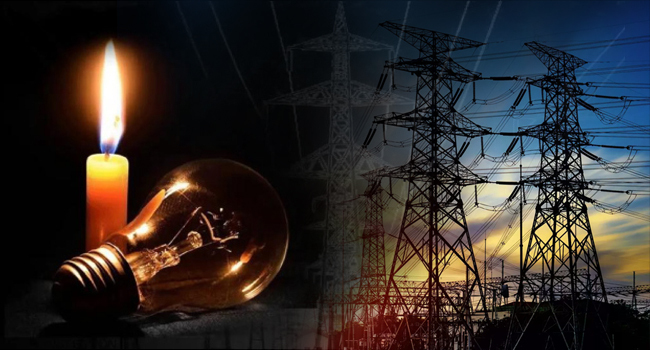As a young student of Economics, I was taught that human wants are insatiable, but I never imagined that greed would one day cripple Nigeria power supply. Today, intense and selfish desires for wealth have clouded some people’s consciences, making it difficult to distinguish between lawful and unlawful ways of making money. This relentless drive for accumulation is growing daily, at great detriment to the nation.
The term “collapse” has become synonymous with Nigeria’s national grid. A journey to northern Nigeria with hope pinned to a transformer quickly reveals the reality: that hope turns to hopelessness.
A report by the Socio-Economic Rights and Accountability Project (SERAP) revealed that ₦11 trillion meant to provide adequate electricity for Nigerians was squandered under former presidents Olusegun Obasanjo, Umaru Musa Yar’Adua, and Goodluck Jonathan. Estimates suggest that, if corruption continues unchecked, financial losses in the electricity sector could reach ₦20 trillion over the next decade. The report highlights that from the return to democracy in 1999 to date, Nigeria has lost over ₦11 trillion in public funds, private equity, and social investments in the power sector.
Despite significant spending on electricity generation—primarily from fossil fuels, especially gas, which accounts for 86% of capacity—Nigeria’s power sector remains plagued by inefficiencies. Former President Muhammadu Buhari once mocked Obasanjo, questioning, “Where is power?” over the $16 billion reportedly spent on power projects with minimal results. Similarly, President Bola Tinubu previously criticized Obasanjo for the same issue.
A Senate investigation revealed that the Nigerian government has invested ₦2.74 trillion in the power sector over the last 16 years, spanning the regimes of Obasanjo, Yar’Adua, Jonathan, and Buhari, who accounted for 45% of these funds. In total, Nigeria has spent $12.38 billion over the past 46 years.
Recently, the Economic and Financial Crimes Commission (EFCC) accused former Power Minister Saleh Mamman of conspiracy to commit money laundering totalling ₦33.8 billion. This amount could have established a mini-grid in a more transparent system, but instead, it went into the pockets of individuals, depriving Nigerians of electricity. Due to such greed, Nigerians spent ₦16.5 trillion last year alone on self-generated power—fueling and maintaining generators—in a country that should be a model of leadership in Africa.
Greed and corruption lie at the root of this crisis. As of November 8, 2024, Kano, Nigeria’s oldest commercial center, was partially or completely in darkness—a situation that has become almost routine. Since October 2024, the national grid has collapsed ten times, with more than twenty collapses this year, sometimes multiple times in a single day. The authorities blame factors like infrastructure upgrades and vandalism, but most observers agree on the true cause: greed.
Without urgent action to curb this greed, it is only a matter of time before the grid is entirely grounded.


